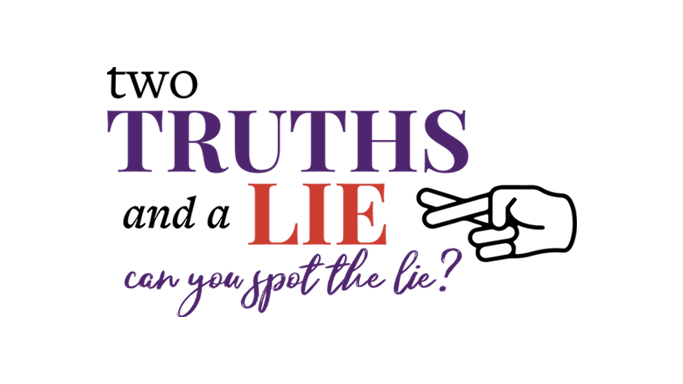Everyone loves the party game/icebreaker “two truths and a lie.”
Can you identify which of the following is NOT true about antitrust?
A. Monopolies can sometimes benefit consumers by lowering the prices of goods.
B. Government action is sometimes good to prevent anti-competitive monopolies.
C. The U.S. government in 2023 is taking helpful antitrust actions in partnership with the European Union.
Let’s take these statements one at a time:
A. TRUTH! Protecting consumers is the northstar of antitrust analysis. This is known as the “consumer welfare standard,” e.g. whether a consumer is better off as measured by price changes. Quite often, bigger players are more efficient at delivering better or equal goods for consumers at lower prices than other, smaller competitors—and that means consumers win.
Prices can fall on goods when markets are dominated by one or a few companies. Researchers from Stanford University and the University of Chicago completed a study looking at 337 consumer product markets with dominant (monopolistic) players, using the Herfindahl-Hirschman Index—a standard measure of the size of companies relative to the industry they operate in—to assess concentration at the market. Industries with HHIs between 1,500 and 2,500 are considered moderately concentrated, with anything above 2,500 being highly concentrated.
“When you look at the distribution of HHIs at the local product level in consumer goods, concentration has fallen over time,” University of Chicago scholar Anthony Lee Zhang said in a press release. “The median HHI fell from 2,256 in 1994 to 1,945 in 2019, so there has actually been a substantial improvement in competition in these individual product markets over time.”
B. TRUTH! University of Chicago’s Booth School of Business notes: “Monopolies are generally considered to be bad for consumers and the economy. When markets are dominated by a small number of big players, there’s a danger that these players can abuse their power to increase prices to customers. This kind of excessive market power can also lead to less innovation, losses in quality, and higher inflation.
Thus, U.S. legislators have historically sought to limit the market power of large corporations. Three major antitrust laws have been passed by Congress over the past century, all aimed at prohibiting price-fixing, preventing monopolies, and driving free competition as the rule of trade.”
However, the belief that “big is bad” can be misplaced. It’s important to understand whether large companies are actually engaged in anti-competitive practices and how consumers are affected, not just on a firm’s size or market share.
C. LIE! Europe has embraced a controversial antitrust bill to curb Big Tech market power called the Digital Markets Act (DMA), a worrisome competition bill that straddles Big Tech companies like Apple, Meta, Amazon, Microsoft, and Google with many constraints on their ability to execute core functions. By targeting U.S. companies, Europeans may hurt Americans’ wallets and businesses. Learn more here.
Bottom line:
Government antitrust action against monopolies can be necessary. But it must be undertaken with caution and careful focus on protecting consumers and businesses.

